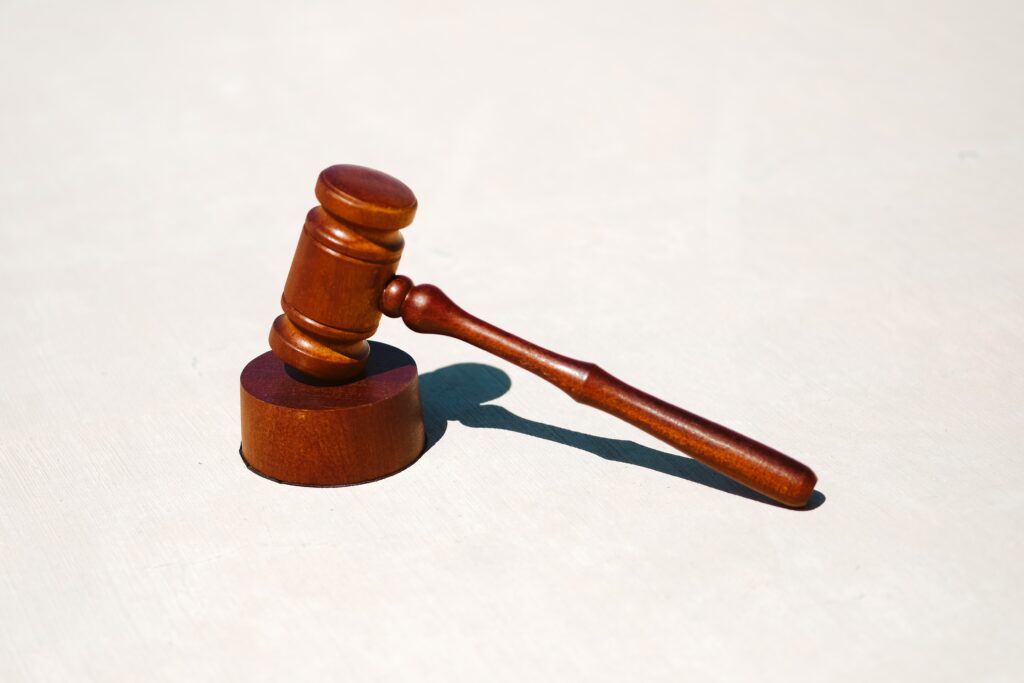Now Reading: Powers and Privileges of Member of Parliament (MP)
-
01
Powers and Privileges of Member of Parliament (MP)
Powers and Privileges of Member of Parliament (MP)
India is a nation with the world’s largest democracy, where-by the citizens are given the right to choose the people they want to be governed by. The Parliament is the primary law making institution in the country. The fundamental role of the Constitution is to act as the guardian to the fundamental rights of the citizens by safeguarding them against the evils existing in the society in the form of unreasonable and arbitrary restrictions.
Any ordinary citizen with his fundamental rights can also enjoy certain privileges along with those fundamental rights if he is a member of the Indian Parliament. A person who is a member of Parliament in India enjoys certain immunities, special rights or exceptions during their tenure while he is in a parliamentary session. The Constitutional provisions for the same are laid down under Articles 105 of the Constitution of India. Having been adopted from various constitutions of different countries across the globe, this feature of awarding powers and privileges to the members of Parliament has been adopted from the British Constitution. The main motive of these privileges to MPs is to uphold the very essence of “supremacy of the office of Parliament and its members”. But, with great power comes great responsibility, therefore these privileges also have with them certain limitations.
These privileges can be classified into two categories-
- Individual Privileges
- Collective Privileges
Privileges that the members enjoy collectively include-
- The Parliament in session reserves with it the right to exclude or prohibit any guest from being a part of the session. In matters of national interest, the Parliament is also entitled to hold meetings in secret to ensure national security.
- The judiciary does not have the right to intervene or investigate anything said or done during a parliamentary proceeding- notwithstanding any House or any committee within the Parliament.
- Freedom from arrest- No citizen- whether a member or an outsider can be arrested and no legal proceedings (criminal or civil) can be initiated against him or her within the premises of the Parliament. This immunity is only available 40 days before and after the adjournment of the house and also when the house is in session. But a member can be arrested on criminal charges outside the premises of the house under The Preventive Detention act, The Essential Services Maintenance Act (ESMA), The National Security Act (NSA) or any such act.
- Whenever there is a breach of any parliamentary privilege or its contempt, the Parliament in session can reprimand, admonish or imprison any outsider who is liable and can suspend or expel if it is a member.
Privileges that the members enjoy individually include-
- Freedom from appearing as a witness- A member of Parliament is completely immune from appearing in any Court as a witness, but at the same time it is expected of him to be present in the House and perform his duties in all due respect without any interference from the Court.
- Right against publication of any report, paper, votes or proceedings- Article 105(2) of the Constitution states that no person shall be held liable for publishing any reports, discussions etc. of the house under the authority of being a member of the Parliament. It is important for the citizens of India, to be aware of the matters related to public interest discussed in a Parliamentary session, which is possible through publications made by the MPs of the Houses. But, a report that is misleading for the public, or is partial or incomplete or any publication made with a malafide intention is disentitled for the protection. Protection is only guaranteed if the publication reflects the nature of proceedings in its true sense and in its entirety. Parliamentary Proceedings (Protection of the Publication) Act, 1977 protects the rights of the press in circumstances like-
- The report of the proceedings is substantially true
- The report is made without malice
- The report is made for public interest
- The report should not constitute any secret meeting of the house
What all constitutes breach of Parliamentary privileges?
Any action which is done with the intention to cause hindrance to the proceedings and create disturbance among the members of the House is termed as a breach. Examples of some of them are-
- Any kind of assault on the members- Any injury caused to any member when a Parliament is in session by an outsider or a member himself/ herself attracts punishment.
- Publication made about the character of any member- Any report or publication about the character of any member, written with the intention of tainting and harming his/ her reputation and with the intention of causing harm to his credibility as an MP.
Judicial Scrutiny of the Parliamentary Privileges
Parliament Members enjoy absolute sovereignty over the privileges conferred upon them and under the pretext of these privileges commit several wrongs against the people and the society that remain unchallenged. Eventually, the judiciary has to intervene since it is the duty of the Judiciary to ensure that the fundamental rights of the people are protected against all violations under these privileges. Although the judiciary has no jurisdiction when it comes to parliamentary matters, efforts must be made in striving a harmonious construction whenever there is a conflict between these privileges and our fundamental rights.








